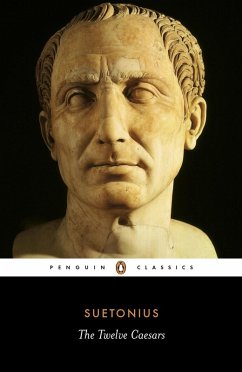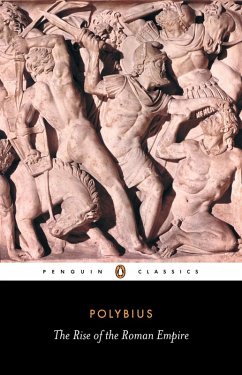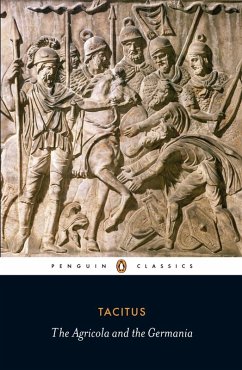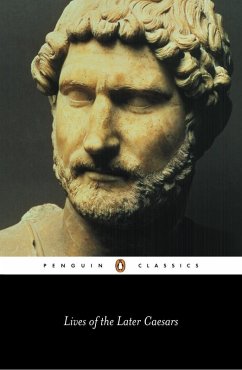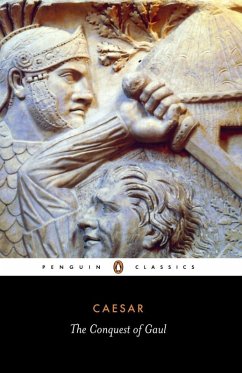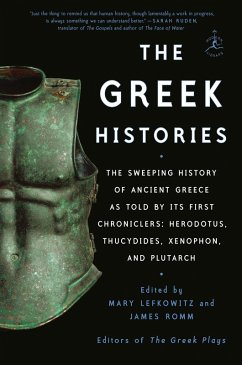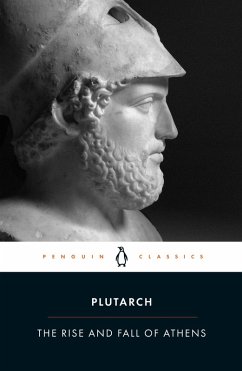
The Twelve Caesars (eBook, ePUB)
Versandkostenfrei!
Sofort per Download lieferbar
2,99 €
inkl. MwSt.
Weitere Ausgaben:

PAYBACK Punkte
1 °P sammeln!
In "The Twelve Caesars," Suetonius presents a vivid and engaging biographical account of the first twelve emperors of Rome, spanning from Julius Caesar to Domitian. Written in the late first century AD, Suetonius employs a succinct, anecdotal style that intertwines historical facts with captivating narratives, which not only serve to entertain but also to inform about the personal traits, public policies, and political machinations of these rulers. This work stands as an essential primary source for understanding the complexities of Roman political life, illustrating the interplay between powe...
In "The Twelve Caesars," Suetonius presents a vivid and engaging biographical account of the first twelve emperors of Rome, spanning from Julius Caesar to Domitian. Written in the late first century AD, Suetonius employs a succinct, anecdotal style that intertwines historical facts with captivating narratives, which not only serve to entertain but also to inform about the personal traits, public policies, and political machinations of these rulers. This work stands as an essential primary source for understanding the complexities of Roman political life, illustrating the interplay between power and personality in a rapidly evolving empire. Suetonius, a Roman historian and biographer, drew upon his experiences as an official in the imperial court to provide a unique insider's perspective. His education and connections allowed him access to valuable sources, including autobiographical writings and personal testimonies, which enriched his analyses. Suetonius's method reflects a broader literary context in which biography was seen as a window into both individual character and statecraft, influencing generations of historians and biographers to follow. This compelling work is recommended for students of Roman history, literary enthusiasts, and anyone interested in the nuances of power dynamics. Suetonius's ability to blend the personal and the political makes "The Twelve Caesars" not only a history book but also a timeless exploration of the human condition, offering insights that remain relevant today.
Dieser Download kann aus rechtlichen Gründen nur mit Rechnungsadresse in A, B, BG, CY, CZ, D, DK, EW, FIN, F, GR, HR, H, IRL, I, LT, L, LR, M, NL, PL, P, R, S, SLO, SK ausgeliefert werden.




